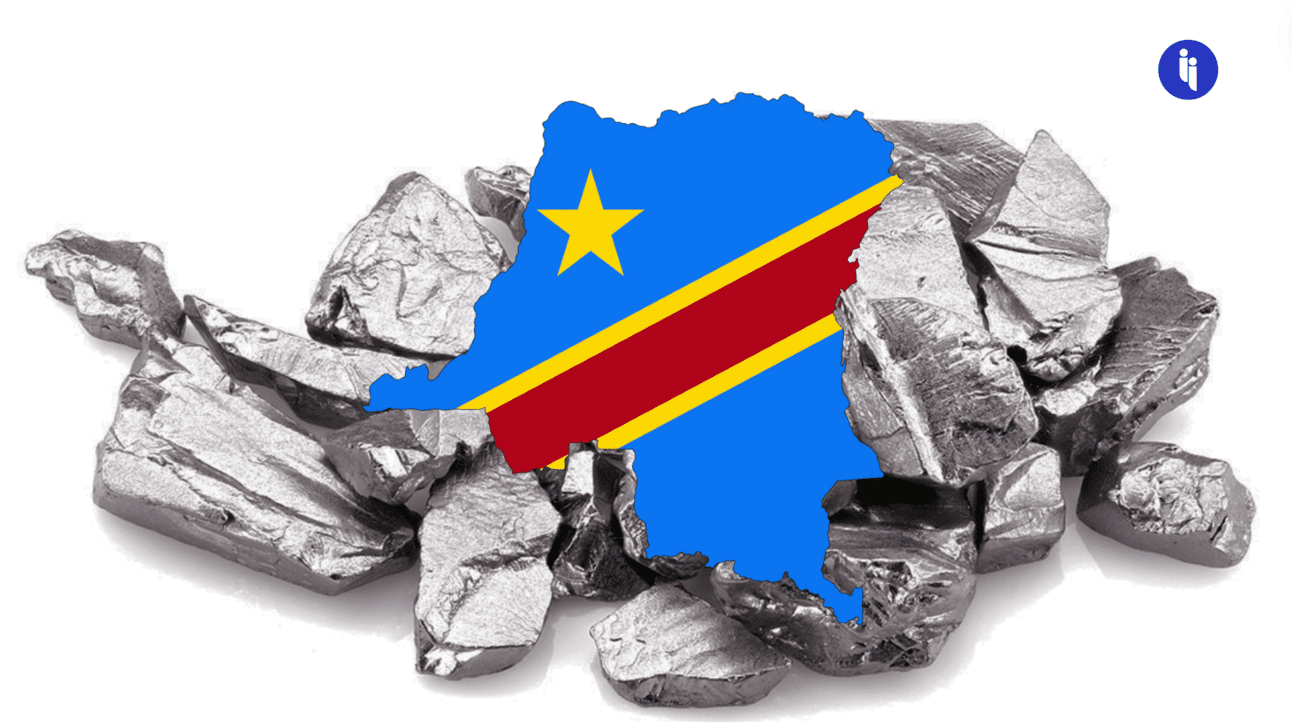The US State Department issued a ‘Statement of Concern’ on Monday, warning that critical minerals bought from the eastern Democratic Republic of the Congo (DRC) and Rwanda are fuelling the ongoing conflict in Central Africa.
This isn’t the first warning, either. The US dropped its statement shortly after a UN report cautioned that the world’s rush for tech-critical minerals (like tantalum) is both threatened by – and fuelling – ongoing violence in the region.
Some quick context:emerging from a lengthy and miserable European colonisation and then the 1994 Rwandan genocide, many locals crossed into DRC and formed or joined 120 or so rival armed factions that are still fighting.
Stay on top of your world from inside your inbox.
Subscribe for free today and receive way much more insights.
Trusted by 114,000+ subscribers
No spam. No noise. Unsubscribe any time.
And while that conflict doesn’t make headlines, it’s displaced around 7.3 million people, making it one of the world’s worst humanitarian crises. It’s also spiked recently after a ceasefire with the ‘M23’ rebels collapsed.
Often backed by regional powers, M23 and its rivals have been vying for control over the mineral-rich eastern DRC. And the Rwanda-backed M23 just seized some of the world’s biggest coltan mines there, with allegations of forced labour meaning minerals from the Rubaya region are now “ineligible for trade” under UN guidelines.
But they keep making their way over borders and out into international markets.
So then, who cares about coltan? To name-drop Vanessa Amorosi’s 2000s-era pop tune that somehow ended up #1 in Hungary… “absolutely everybody”.
Coltan is how we get tantalum, which plays a key role in portable electronics and potentially quantum processing. That’s why both the US and EU have labelled tantalum a “critical” raw material. But that’s also why it’s a little tricky that 60% of the world’s supply now comes from the DRC and Rwanda.
So what to do?
While it struggles on the battlefield at home, the DRC is also shining a light on coltan’s buyers abroad: it’s accused Apple of using conflict-sourced coltan in its iPhones (something the tech giant denies). It’s also calling for an embargo on all coltan exported by neighbouring Rwanda, alleging those exports have actually been stolen from the DRC by Rwanda-backed rebels (Rwanda denies this).
Meanwhile, there are various regional tracing systems to help assure global buyers, but these seem to be collapsing due to the conflict.
And some governments (particularly in the West) have also passed new laws to drive transparency around how our products hit our shelves, though they largely shift the burden onto businesses themselves.
So then, what are the options for businesses?
- All sorts of consultancies will happily charge millions to tell you what we’ve just told you for free above (did we pick the wrong line of work?)
- Or you can (per OECD advice) invest in more upstream and on-the-ground scrutiny and engagement, which can be tricky given the conflict
- Or you can pay a premium to get your tantalum from the other 40% of global supply that’s supposedly not tainted, though that just tweaks your dilemma: you face higher costs but could still end up with tantalum that’s tainted (thanks to the industry’s broader tracing challenges).
So then that leaves the final piece of the puzzle, which is the rest of us: consumers. But our options don’t seem much better than those for businesses.
INTRIGUE’S TAKE
Much like a good movie, life eventually forces the protagonist (whether it’s you or, say, Tom Cruise) to choose between two irreconcilable goods: a comfortable living, or a clean conscience (The Firm); the love of your life, or the job of your dreams (Jerry Maguire). And so on. The choices we make reveal who we are.
But much like how Tom eventually figures out a way to get love and cash on screen, we’re hopeful we can (with good engineering and policy) find ways to hit seemingly competing priorities in the real world.
In this instance, it’ll involve a mix of ingenuity around supply chains (like using blockchain to improve traceability) and materials science (like using alternatives such as niobium from Canada or Brazil).
But as inevitable as these developments may seem to us, ‘inevitable’ doesn’t necessarily mean ‘quick’, which is probably what folks in the eastern DRC really need right now.
Also worth noting:
- Rwanda recorded an unprecedented rise in coltan exports in 2023, up 50% from 2022. The UN and US statements above both note reports of coltan being smuggled out of the DRC to Rwanda and Uganda.









